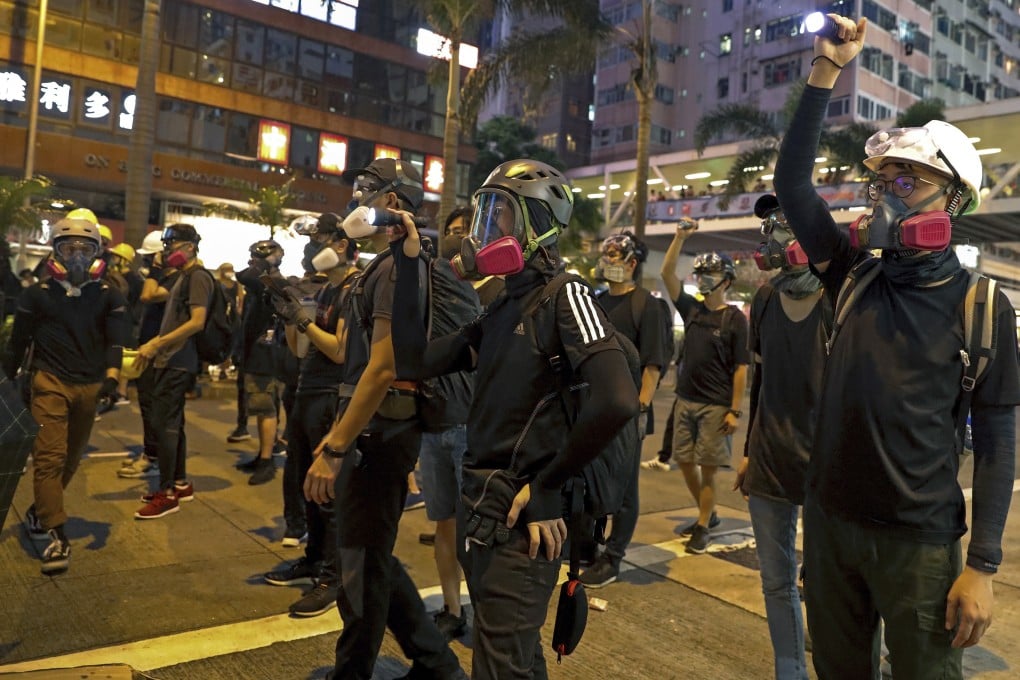Opinion | Amid protests and division, Hong Kong must be pragmatic if it is to remain the Pearl of the Orient
- Channelling emotions into destructive actions is not the answer – nor are convenient scapegoats
- Instead, We reflect, identify corrective acts and roll up our sleeves to implement. let us convert dissatisfaction into constructive solutions. From the crisis, we should seize an opportunity

Hong Kong is the Pearl of the Orient. Its energy, creativity, world-class infrastructure, financial opportunities and delicious cuisine are admired around the world. However, the city is currently under enormous stress from protests and the blame being laid by both sides: dark clouds threatening to dim the city’s glow as well as its hopes for the future.
I was born in Hong Kong and grew up in the city. I have always loved it. People who share this sentiment must sincerely wish both sides – the government and the protesters – find resolutions to restore peace and normality. Emotions and accusations cannot solve conflict but poise and rationality can.
A return to order would be welcome, of course, but that may not necessarily mean “business as usual”. There is an old Chinese saying: “an overnight cold spell cannot cause a three-feet deep freeze”. The protests have revealed a significant number of Hong Kong residents – the young, particularly – are deeply frustrated.
Channelling emotions into destructive actions is not the answer – nor are convenient scapegoats. Instead, we should address the fundamental causes of the angst and find solutions for a better future. From the crisis, we should seize an opportunity. Let us channel people’s dissatisfactions into constructive ways forward.
I propose the Hong Kong government forms a “Commission for a Better Future” to efficiently and effectively do four things: conduct collective and comprehensive reflections; identify future economic trends, challenges and opportunities for Hong Kong; make practical goals and recommendations; and identify action plans for implementation.
The commission should include knowledgeable, independent thinkers and leaders who understand and care about Hong Kong. It should conduct wide-ranging consultations and focus groups, think deeply and sincerely and then identify paths for all Hongkongers to work together to make the city wonderful again.

There have also been numerous discussions about Hong Kong’s problems around dinner tables, classrooms, offices and ministers’ chambers – some very insightful, others superficial and accusatory.

